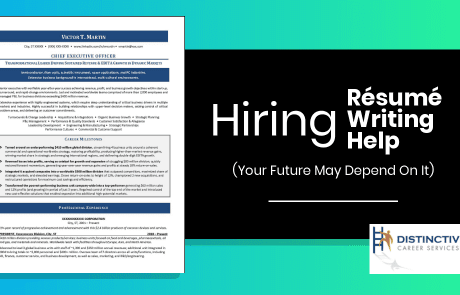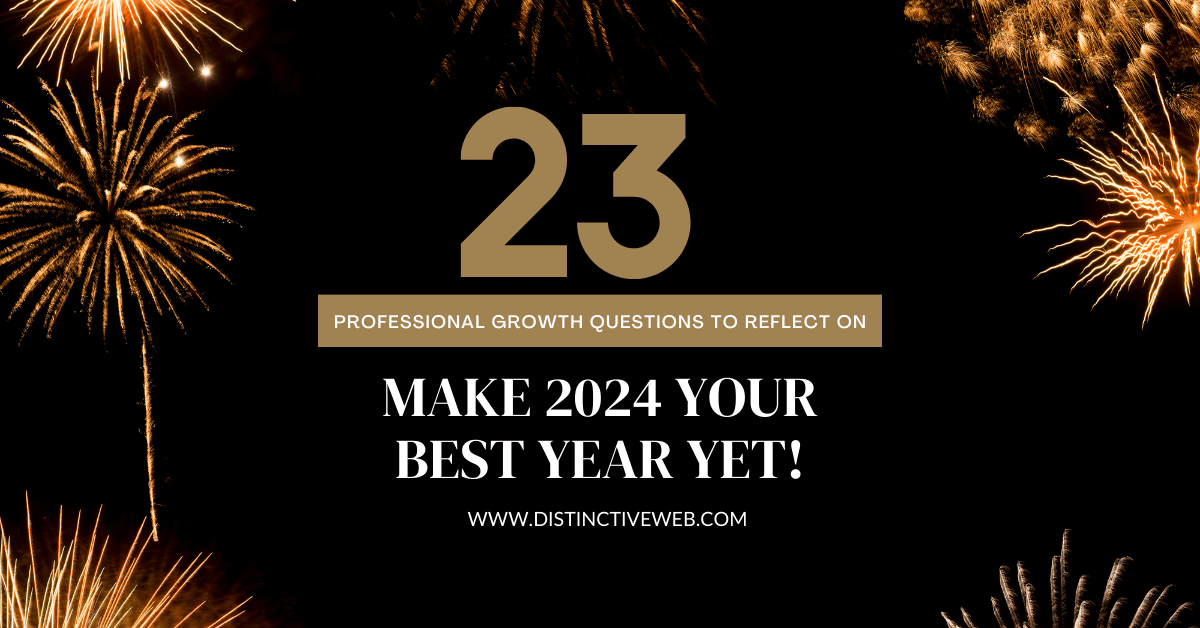
Resume best practices change over time, but some resume best practices are timeless and it is important to be aware of them as you prepare your resume. A quality resume is the key to getting noticed and getting an interview on the road to an eventual job offer.
Without that excellent resume that adheres to best practices, you may not even get a second look for a job you’re perfect for.
When it comes to developing a resume, there are some words that shouldn’t appear anywhere. Here are 5 of the most common:
1. Hardworking
When you’re developing your resume, you should be highlighting your accomplishments and concrete results, not creating a list of soft skills and attributes. After all, this is for a job, not a dating website, right?
Instead of telling potential employers that you work hard, include some real-life examples of things you’ve done that prove it.
Helped open a franchise from scratch? Show it.
Worked to turn a fly-by-night startup into a Fortune 500 brand? Show it.
Words like hardworking are empty and meaningless if you don’t back them up with some solid proof.

Claiming to have a soft skill is meaningless unless you provide a concrete example. Don’t just tell the reader you are hardworking and have good customer service and team leadership skills. Include the stories of success that prove it, as shown in this snippet from a resume.
2. Jargon (all of it!)
This doesn’t pertain to the word jargon itself, but industry jargon that a new employer outside of your current company may not get.
If an employer can’t understand your resume why would they want to call you in for an interview?
If you have to use it at all, only use acceptable industry jargon that’s commonplace. The first line of resume reviewers may be recruiters or HR personnel to whom your industry jargon seems a foreign language. People outside your industry and profession need to be able to understand your resume.
If you’re unsure, leave it off and find another way of saying what you want to say.
3. Ambitious
You and every single person who has ever written a resume has used the word ambitious at one point or another. Today, the word is so devoid of meaning that many employers are just going to roll their eyes when they see it.
They’ll also put your resume at the bottom of the stack and move on.
As is always the case with resume writing in the modern era, showing that you’re ambitious with examples is more important than putting the word down on paper.
Highlight your accomplishments, even if you’re just getting out of school and don’t have a lot of work experience.

Even a student with nothing more than internship experience can find ways to illustrate ambition rather than simply claiming it.
4. Responsibilities
Every job that pays in paper money comes with responsibilities. Listing what yours were in past jobs doesn’t tell a potential employer much about what you actually did though, does it?
Instead of a laundry list of what you were supposed to do as part of your job title, include information about what you actually did and how it helped your employer.
When you’re writing your resume, the word responsibilities should be left on the cutting room floor. It’s the most overused buzz word there is and it isn’t making you or your resume look better.

Leave out words like “responsibilities included” and “responsible for” when writing your resume. Focus instead on the scope of your position and what you have done.
5. Honest
Most of the words on this list are words that somebody writing a resume could be excused for using. They might not help you out – actually, they could hurt you – but this one is a real killer unlike any of the others.
Saying that you’re honest is perhaps one of the most detrimental things you can do when it comes to resume writing.
Are you saying that you’ve thought of stealing from companies you’ve worked for but decided against it because you’re honest?
That other potential candidates are dishonest?
If you have to convince the employer you are honest, the employer may think, perhaps you aren’t so trustworthy after all. Honest people don’t often go around talking about how honest they are, after all.
A resume alone isn’t going to land you your dream job or even get you in the door for an interview in many cases. Creating one that follows current resume best practices and is free of unnecessary words is an important first step though.
Whatever experience you have to highlight and however you choose to demonstrate your value, avoid these five words like the plague. There’s no reason writing a resume has to be an exercise in finding the most cliche words and using them all in the same document.
If you are struggling to write your resume and worrying that you might not be following current best practices, stop. There is no reason to struggle. Schedule a free discovery consultation with us to learn more about our resume development services and how we can help you.









